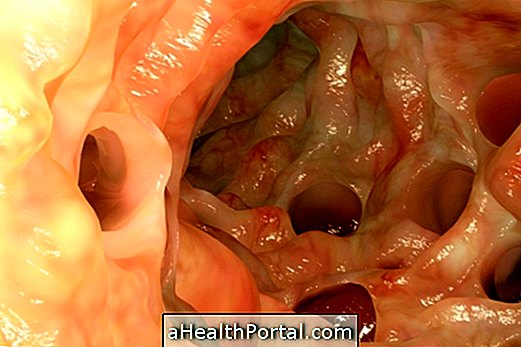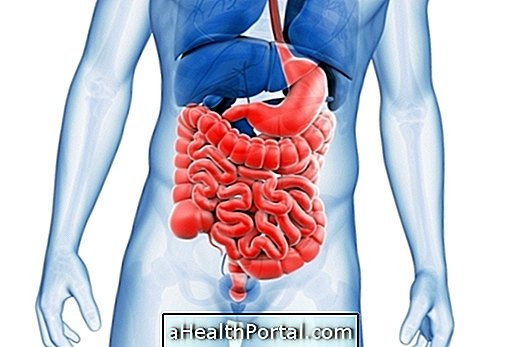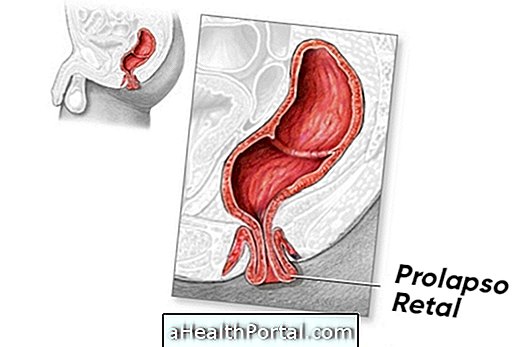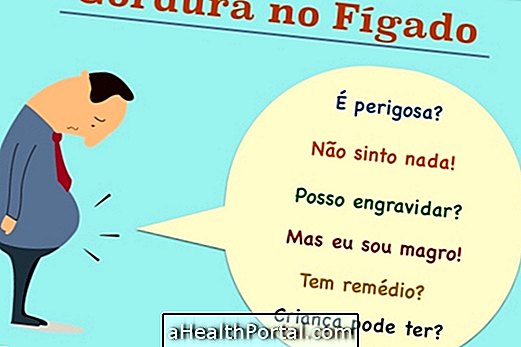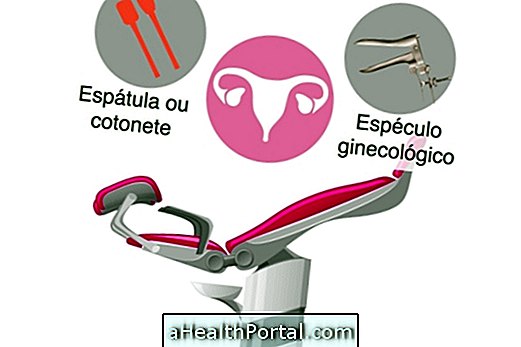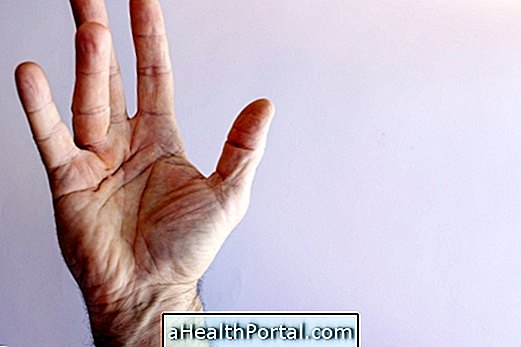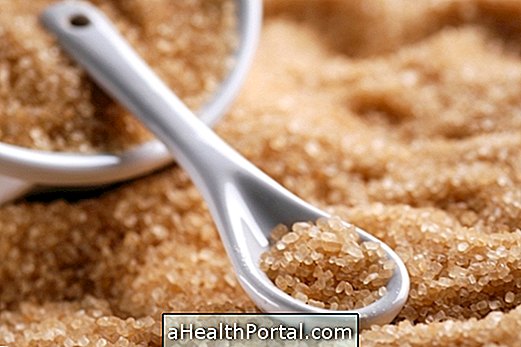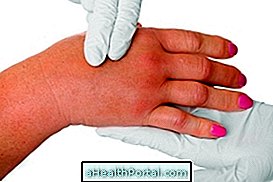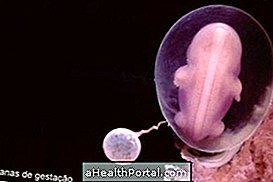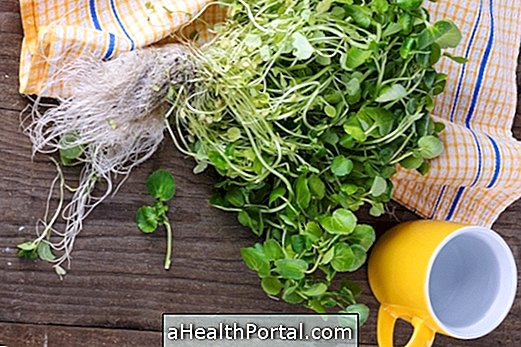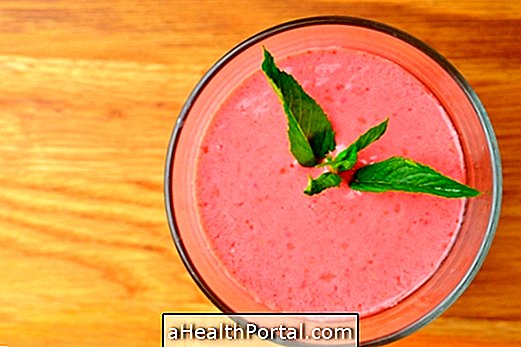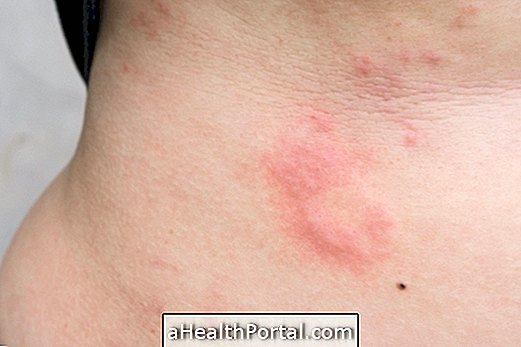Gastritis is an inflammation of the stomach walls that can produce symptoms such as stomach pain, indigestion and frequent belching. Gastritis has several causes that include alcohol abuse, long-standing anti-inflammatory intake, stress and nervousness.
The treatment of gastritis is done by associating an adequate diet with the medicines prescribed by the gastroenterologist to diminish the acidity of the stomach, to protect the inflamed mucosa and to diminish the pain. See 3 teas to relieve stomach ache faster.
Gastritis can be classified as:
- Nerve gastritis : when symptoms arise at the time the individual finds himself under stress and anxiety.
- Acute gastritis : when it arises suddenly, and may be caused by a sudden severe illness or injury;
- Chronic gastritis : when it develops over time;
- Erosive Gastritis : When in addition to inflammation there is some outline of injury to the innermost layers of the stomach due to the use of medications, Crohn's disease or infections caused by viruses or bacteria,
- Enamelous gastritis : when in addition to inflammation, there is an injury to the inner layers of the stomach, but it can not yet be classified as an ulcer.
Whatever the type of gastritis, your treatment will always aim to deflate the walls of the stomach and heal the lesions of the internal mucosa of the stomach. However, it is important to identify and treat the cause so it can cure gastritis.
Learn about the symptoms, causes and treatment of gastritis by watching:

Symptoms of gastritis
Symptoms of gastritis include:
- stomach pain or abdominal discomfort, shortly after the meal or when you are left without food for a long time;
- swollen abdomen, especially after meals;
- nausea and vomiting;
- indigestion;
- malaise;
- stomach burn;
- gases that come out in the form of burps or flatus.
Although these symptoms are present in almost all patients diagnosed with gastritis, it is possible to diagnose the disease even in the absence of these. Here's how to identify the symptoms of gastritis.
Exams to confirm gastritis
The diagnosis of gastritis is made based on the observation of the symptoms mentioned above and through examinations such as digestive endoscopy that allows the visualization of the walls of the stomach.
One of the major causes of gastritis is the presence of H. pylori bacteria in the stomach and so it is common for the doctor to request H. pylori screening during endoscopy.
The presence of the H. pylori bacteria in the stomach, besides aggravating the symptoms of gastritis, may facilitate the evolution of gastritis to ulcer and, therefore, if it is present, the doctor may indicate the use of antibiotics to eliminate it.
Treatment for gastritis
The treatment of gastritis is the elimination of its causes and the use of medicines under medical supervision. Some examples of gastritis remedies are Omeprazole, Ranitidine and Cimetidine, but proper nutrition is very important to the success of the treatment. At an early stage, the patient should eat vegetables, cooked vegetables and fruits. Drink only water and avoid coffee, chocolate, alcohol and soft drinks. As meat options are lean meats cooked without many condiments.
Diet for gastritis
The gastritis diet is based on the withdrawal of foods that excite gastric motility and increase the production of hydrochloric acid, such as:
- coffee, black tea, soda, industrialized juices, alcoholic beverages,
- very greasy and very fibrous foods, such as raw vegetables,
- sauces, such as ketchup or mustard,
- food very seasoning.
The sensitivity of each person is very different and therefore it is not possible to state that orange or tomato will do badly in all cases, so consulting a nutritionist or nutrologist is important to individualize the diet.
Here are some strategies for treating gastritis:
- Home Remedies for Gastritis
- Diet for gastritis and ulcer
